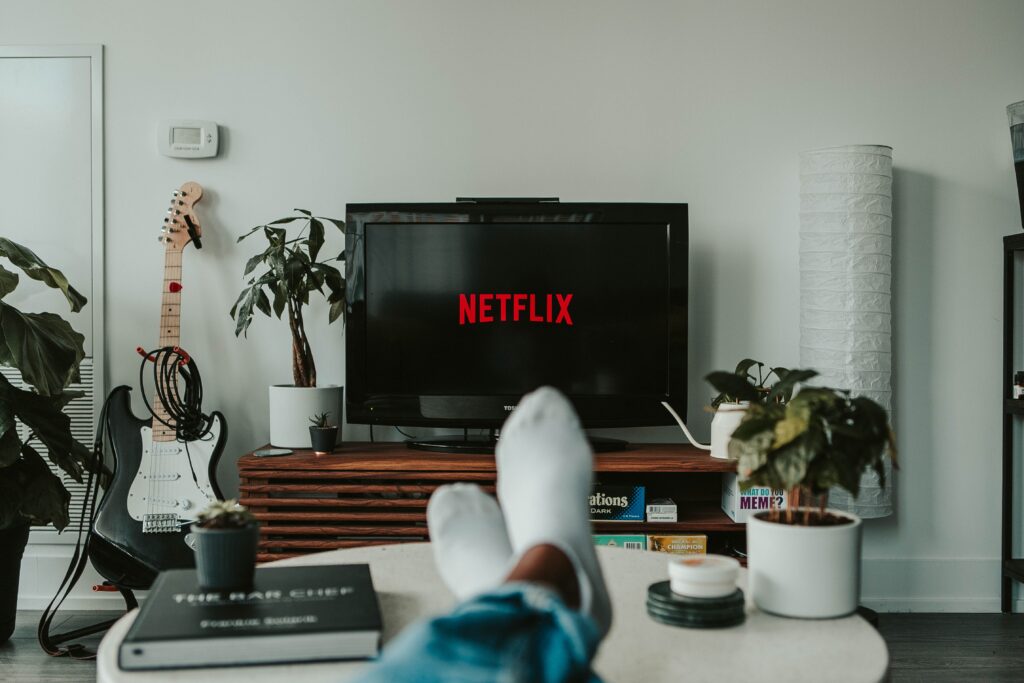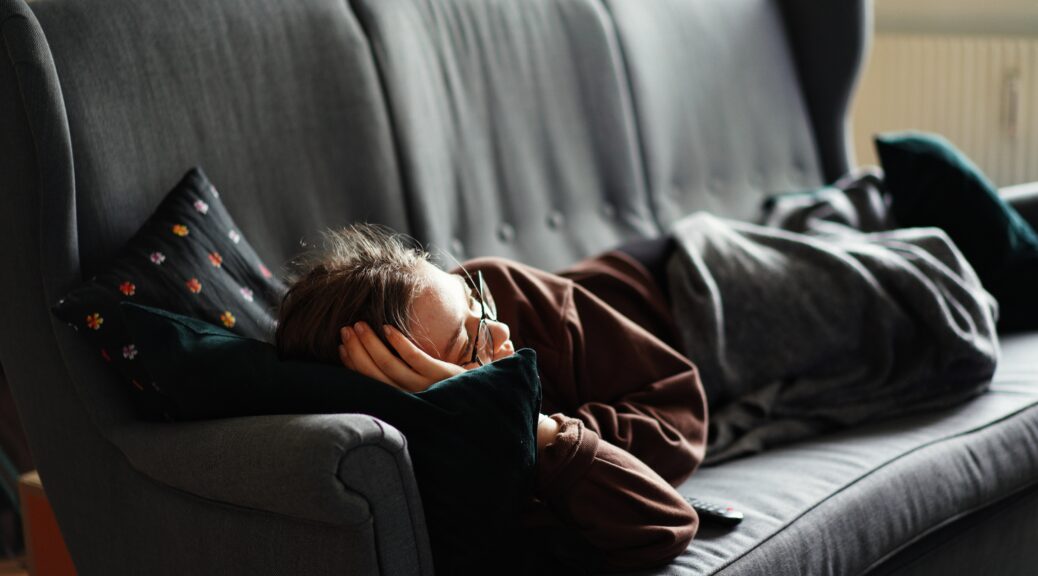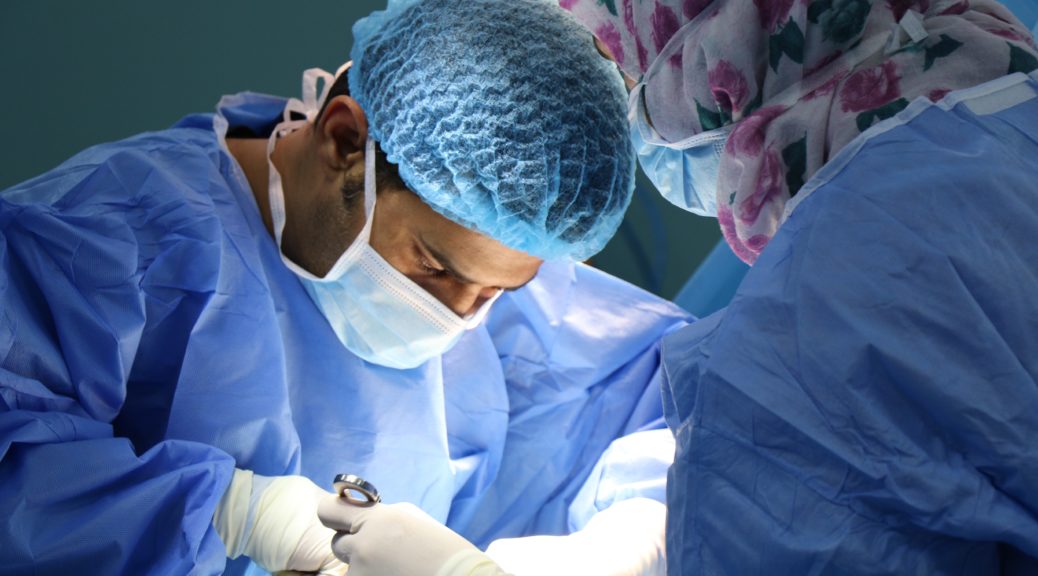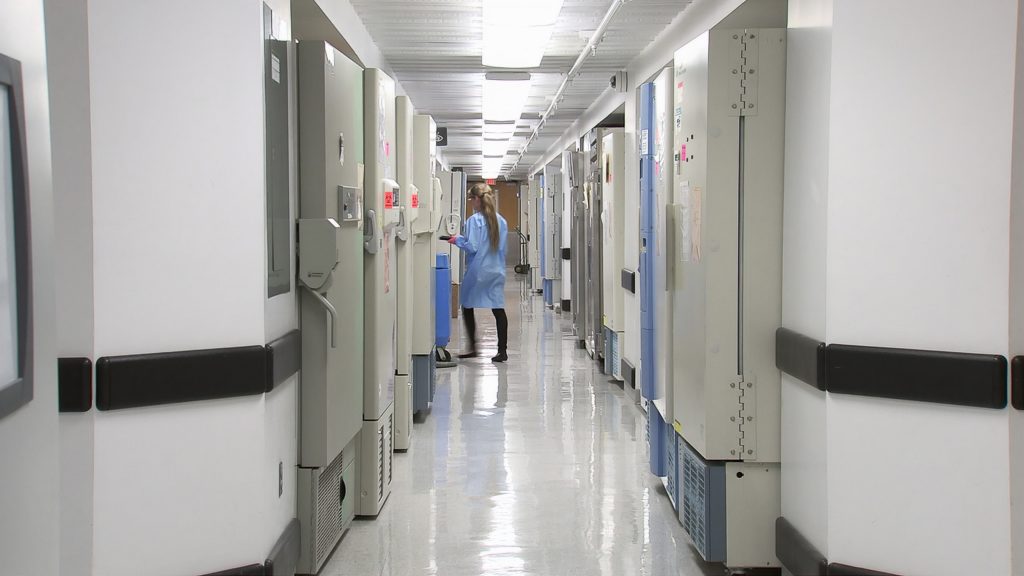By Megan Dang
A couple of weeks ago, I finished watching HBO’s dark dramedy Succession after what felt like an eternity of being the only person with a pulse who hadn’t seen it. I immediately texted my parents to encourage them to watch it. Seconds after, I turned back to HBO and hit play on the latest episode of The Last of Us. My mom’s response to my text was full of judgment: “Aren’t you a college student? How do you have the time to watch all that TV?”

At first I felt defensive, like I needed to have some reason to justify my (yes, possibly a bit concerning) TV-binging habits. My mom had a point, after all; in the past few months alone, I had serially binged Succession, The White Lotus, The Last of Us, Breaking Bad, and Better Call Saul, interspersed with a few revisits to some long-time favorite shows. All this added up to a copious amount of hours that, for my own peace of mind, I’d prefer not to calculate. Eventually the excuse I came up with to preserve my dignity was, “I’m a screenwriting major, watching TV is part of my education!.” This is partially true. In all of my film classes, our professors encourage us to watch as much TV as possible in our own time for the sake of studying the writing behind it. How was this plot point set up? How was this backstory established? When you watch TV critically, that can absolutely be a learning experience.
But if I’m being honest with myself, I can’t say that I always watch TV with my writing cap on. As I watched Breaking Bad, I wasn’t thinking about act breaks or story structure; I was so immersed in the on-screen world that I felt like I was living in it. Watching Succession, I wasn’t analyzing the characters and their dialogue; they were simply people I knew, people I could laugh with. The reason for this is simple: it’s hard to look at something you’re experiencing so profoundly through an objective, scholarly lens, especially when you’re in the thick of it.
However, I know I’m not the only college student who spends a little too much time on streaming services—and a lot of those other students don’t even have being a film major as an excuse. But when I thought about it more, I realized that there was no need for an excuse, anyway. Television is more than just a way of passing time that you don’t have. Television is escapism.

College students are certainly a demographic in need of escapism. In my first few months at USC, I grappled with crippling homesickness. I missed my home, the sense of familiarity and comfort, the feeling of sprawling out on my couch and being surrounded by family. Even now it’s a feeling I experience regularly. Here on campus, TV has become a way to combat that feeling. The screen serves as a universal safe space, an indication that work time is over. The characters become family, keeping you company when you’re holed up alone in your dorm.
There’s no reason college students should feel guilty for our late night Netflix binges, regardless of whether we have the time for it or not. College is possibly one of the most transitional periods of our lives. Things are constantly changing around us: classes, professors, people, homes, friends. Television provides a source of stability and consistency throughout all of that. Often it’s as close to a constant sense of home as you can get on campus. Treat yourself to a binge sometime—you deserve it.
Featured Image by Adrian Swancar on Unsplash
Megan is a sophomore studying screenwriting at USC’s School of Cinematic Arts. Born and raised in Southern California, she’s very familiar with the L.A. lifestyle and culture. When she’s not writing movies and TV, she loves to watch movies and TV. Her other hobbies include reading, art, playing ukulele, listening to rock music, and playing video games. Most importantly, she loves being around people and making new friends.







